Alzheimer Europe: Women’s Brain Project launches new White Paper “Sex, gender and the brain: Towards an inclusive research agenda” on the occasion of International Women’s Day
Salute e Biohacking Podcast: 78 Antonella Santuccione Chadha: Cervello e Medicina di Genere

“Oggi abbiamo parlato di Cervello e Medicina di Genere con la Dr.ssa Antonella Santuccione Chadha / Medico, patologo clinico con una profonda conoscenza delle neuroscienze e delle malattie del cervello e della mente.” -Vanessa Bertinotti, “Salute e Biohacking”. Ascolta su Spotify. Ascolta su Apple Podcasts. Ascolta su Google Podcast.
Tech4Eva: Breaking the Gender Barrier in Neuroscience with the Women’s Brain Project
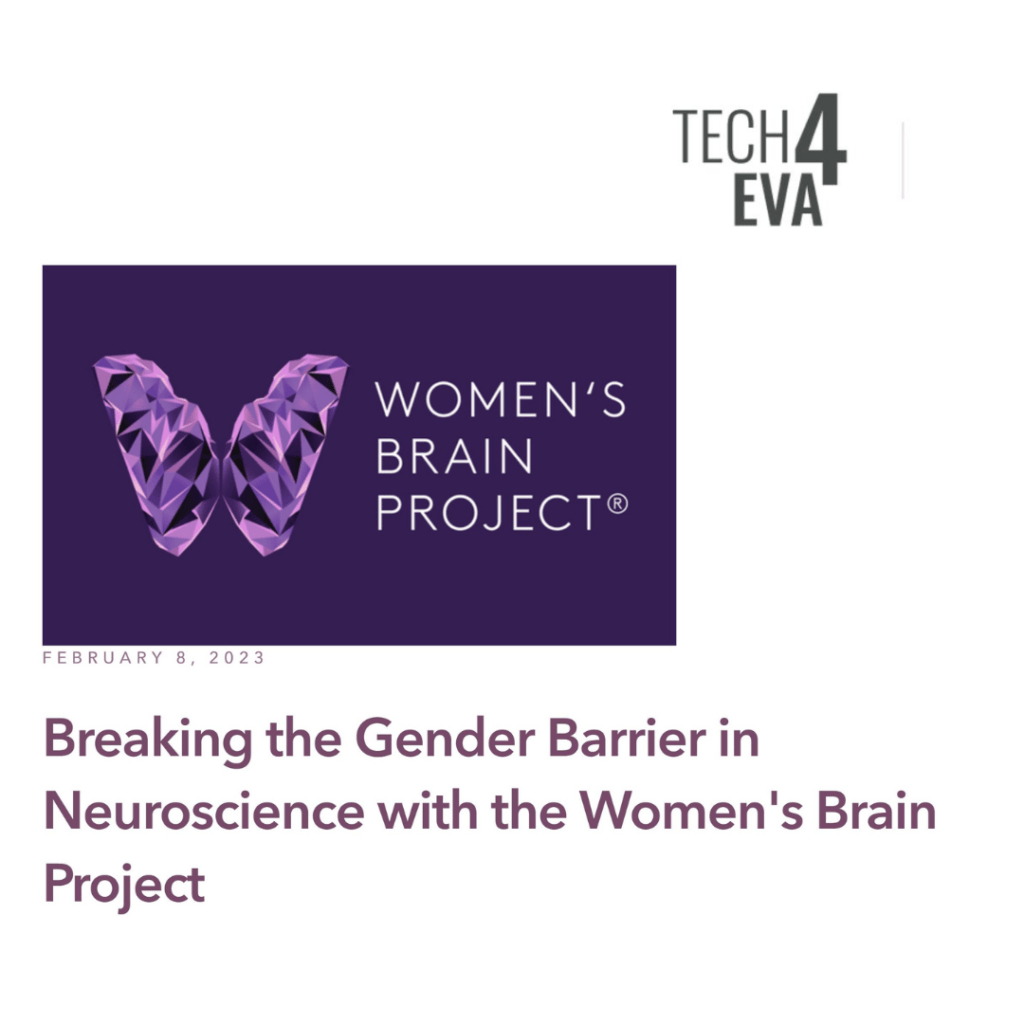
Breaking the Gender Barrier in Neuroscience with the Women’s Brain Project Men and women are different regarding disease risk, frequency, severity, symptomatology, diagnostic journey, and even response to treatment. Our mission is to transform the development of drug and medical treatments through sex and gender factors as a gateway to precision medicine and care. We […]
Corriere del Ticino: “Diagnosi al femminile” (Paywall)

«I libri di medicina andrebbero riscritti al femminile, da scienziate e ricercatrici donne, perché fin qui, i libri di testo sono stati scritti tutti al maschile, da medici maschi» –Antonella Chadha Santuccione Leggete su Corriere del Ticino.
Corriere Del Ticino: Combattere l’Alzheimer? In futuro si spera di prevenirlo (Paywall)
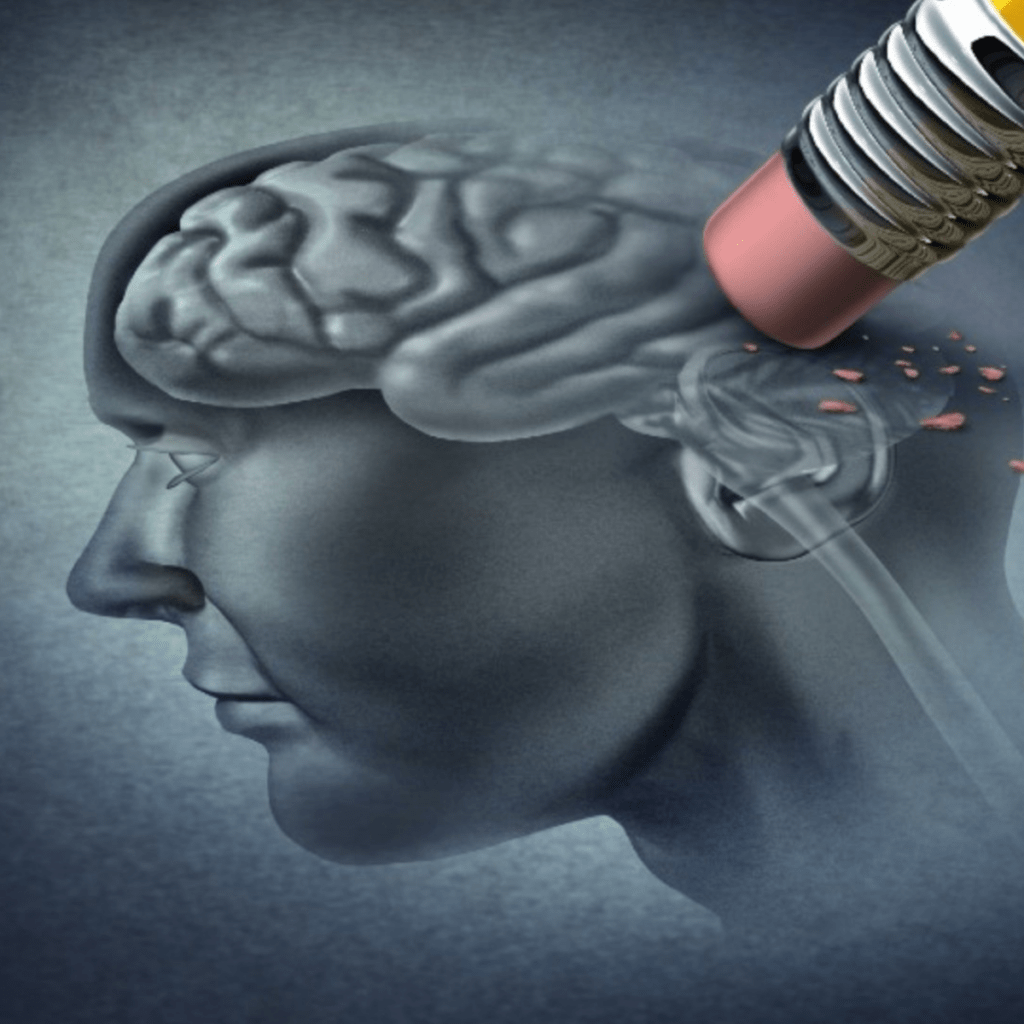
Il Lecanemab, approvato dalla FDA a inizio gennaio per pazienti «precoci» positivi all’amiloide, accende le speranze di chi vede i suoi ricordi sfumare – La neuroscienziata Antonella Santuccione Chadha: «Una rivoluzione, stiamo andando a curare non più il sintomo, ma la causa» Leggete su Corriere Del Ticino.
European Academy of Neurology: The Future of Brain Health: Clinically Informed & Patient-Centred Brain Research
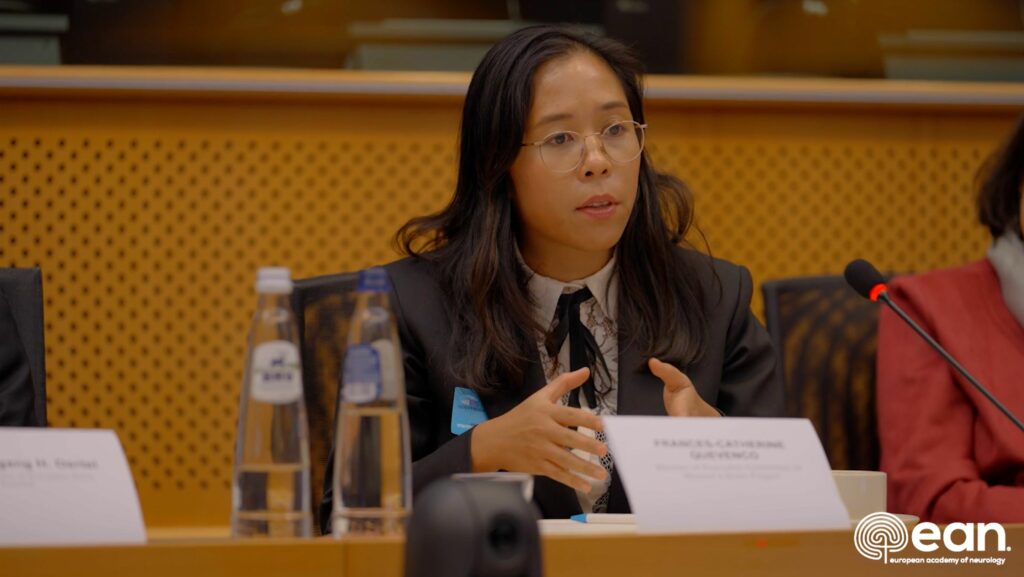
Frances-Catherine Quevenco, PhD represented the Women’s Brain Project at the European Academy of Neurology event on ‘The Future of Brain Health: Clinically Informed & Patient-Centred Brain Research’. The event is now available to be viewed here. A big thank you to the European Federation of Neurological Associations as well as the European Brain Council.
CFI.co – Capital Finance International: Campaign Raises Awareness of Migraine on Women’s Careers
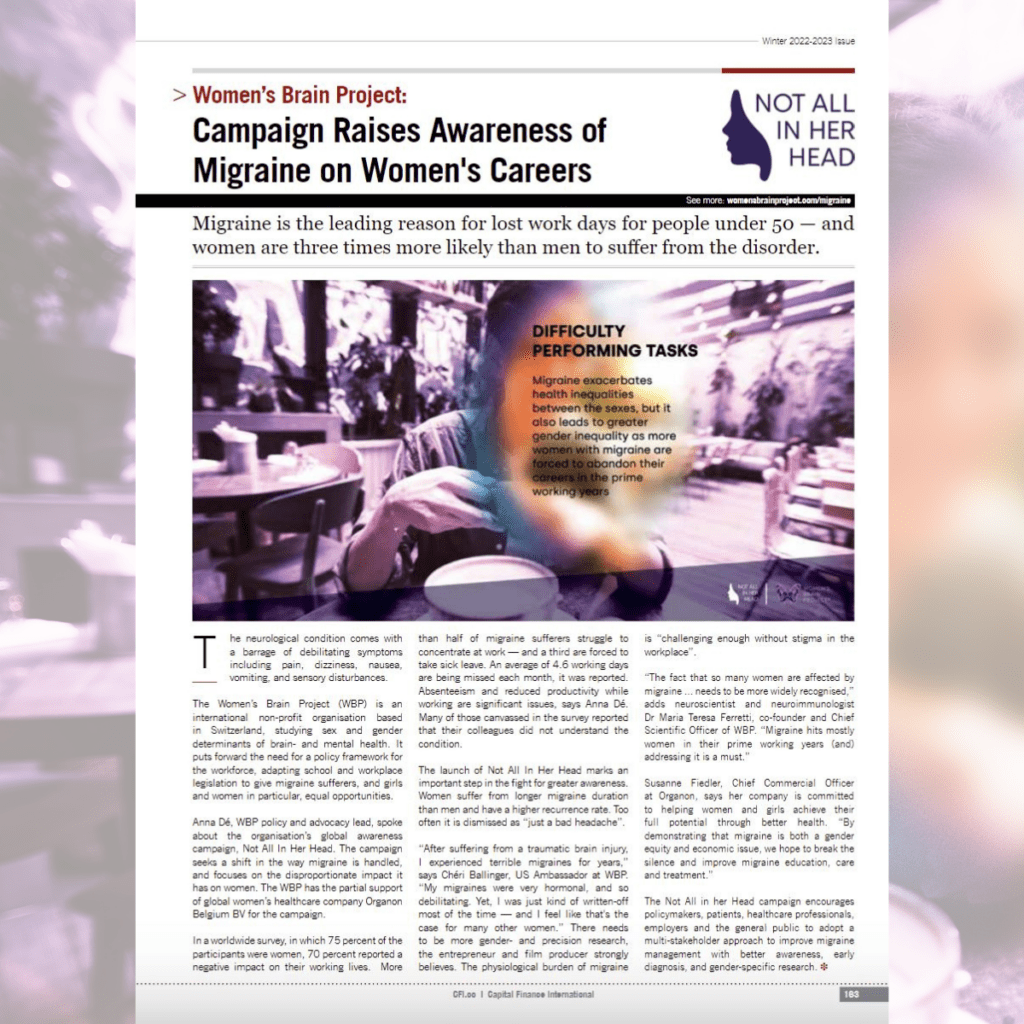
Migraine is the leading reason for lost work days for people under 50 — and women are three times more likely than men to suffer from the disorder. “Migraine hits mostly women in their prime working years (and) addressing it is a must.” Maria Teresa Ferretti, Women’s Brain Project The launch of Not All In Her Head […]
Bolero Magazine: MEDIZIN FÜR ALLE
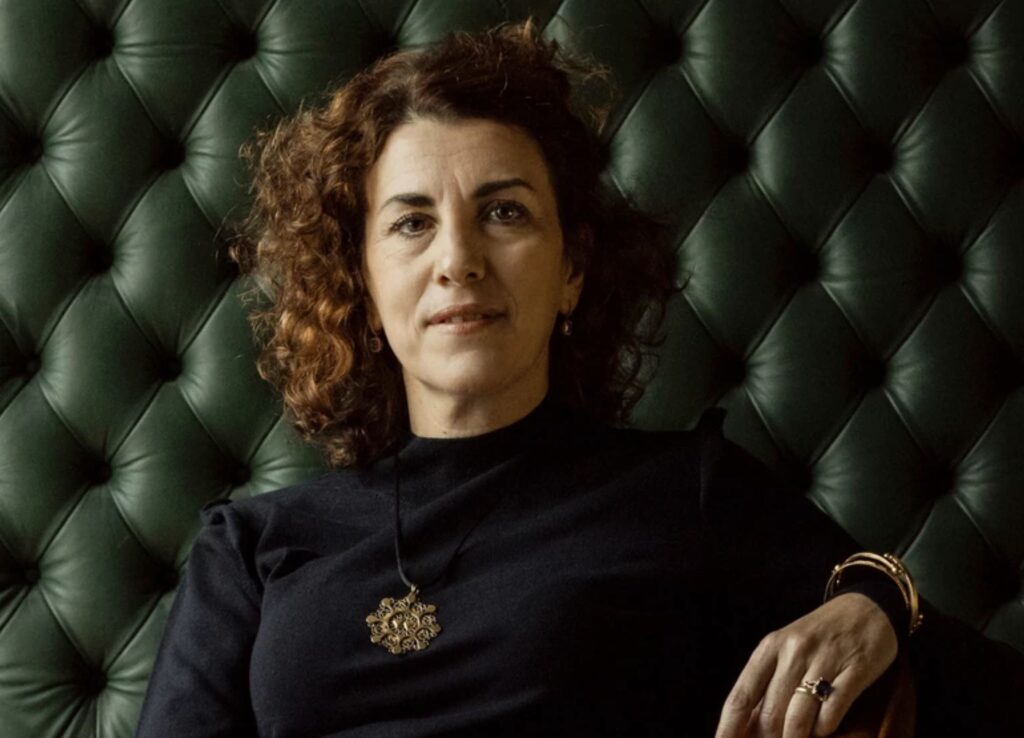
Mann als Standard, Frau als Beigemüse: Die Gendermedizin–Forschung soll Gleichheit schaffen. Dank Wissenschaftlerinnen wie Dr. Antonella Santuccione Chadha. Lesen Sie den ganzen Artikel hier.
alzheimerpunktch: Warum Frauen öfter an Alzheimer erkranken
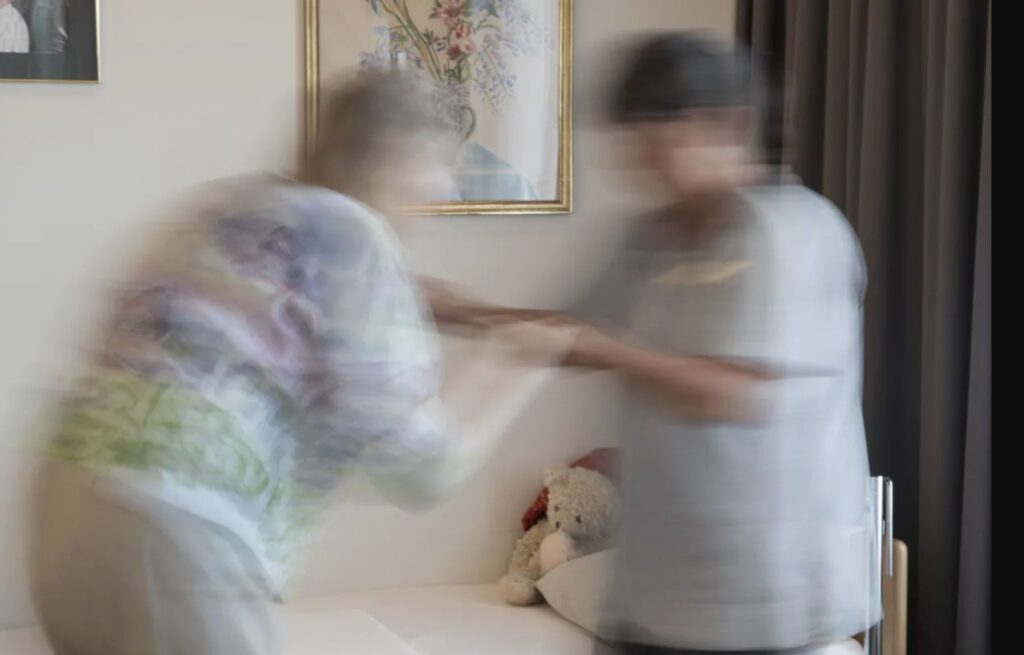
Die Erkenntnis «Alzheimer ist weiblich» bewog die Neurowissenschaftlerin und Ärztin Antonella Santuccione dazu, das Women’s Brain Project zu gründen. Denn die aktuelle Medizin ist auf Männer ausgerichtet – mit potenziell tödlichen Folgen. Lesen Sie den ganzen Artikel hier.
France24 The 51%: Women and brain health: Females twice as likely to have Alzheimer’s
With women twice as likely to develop Alzheimer’s disease, why are the medical and scientific communities not doing more to find out why? Annette Young talks to Dr Antonella Santuccione Chadha, the CEO of the Women’s Brain Project. Full interview here.



